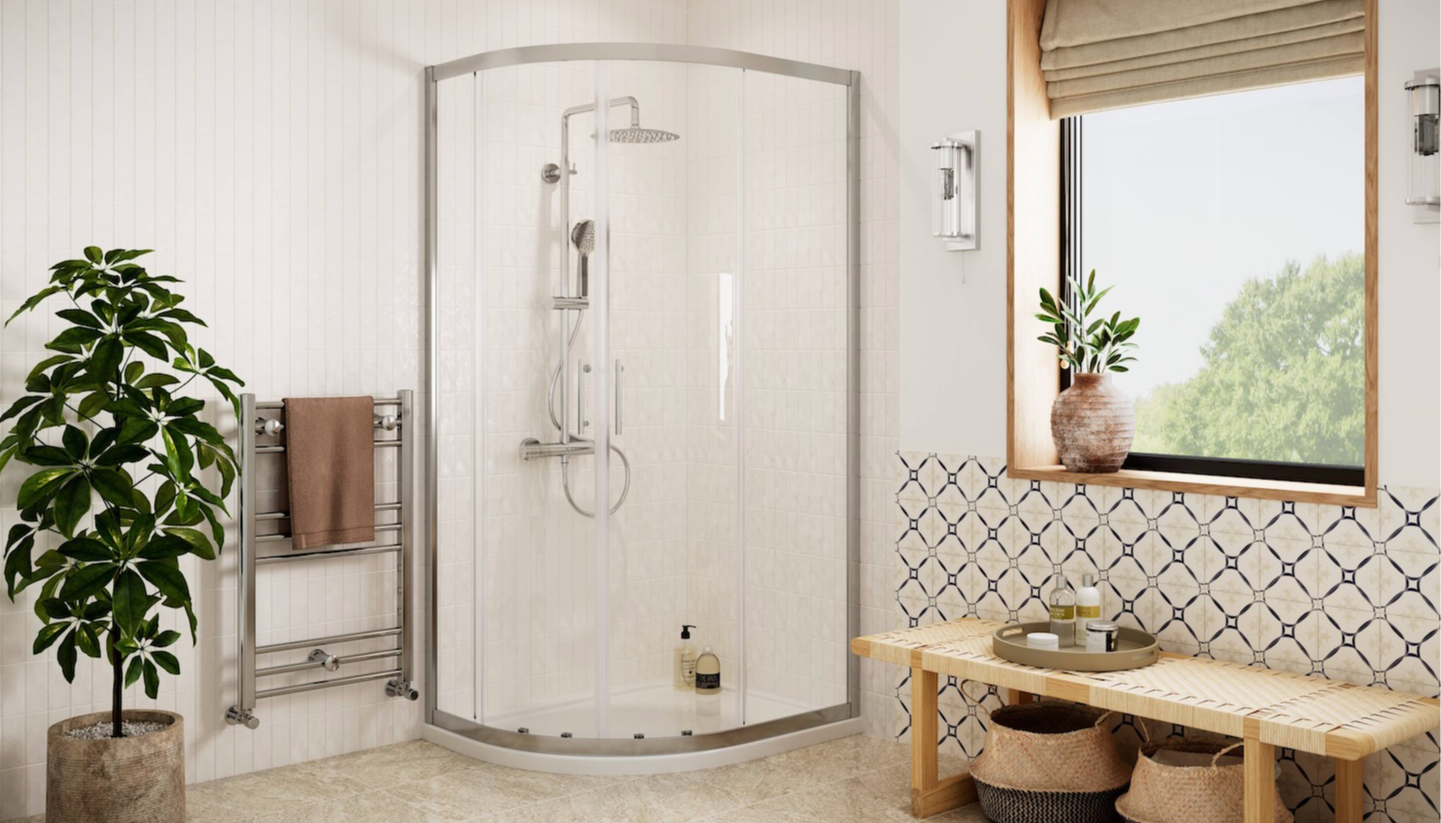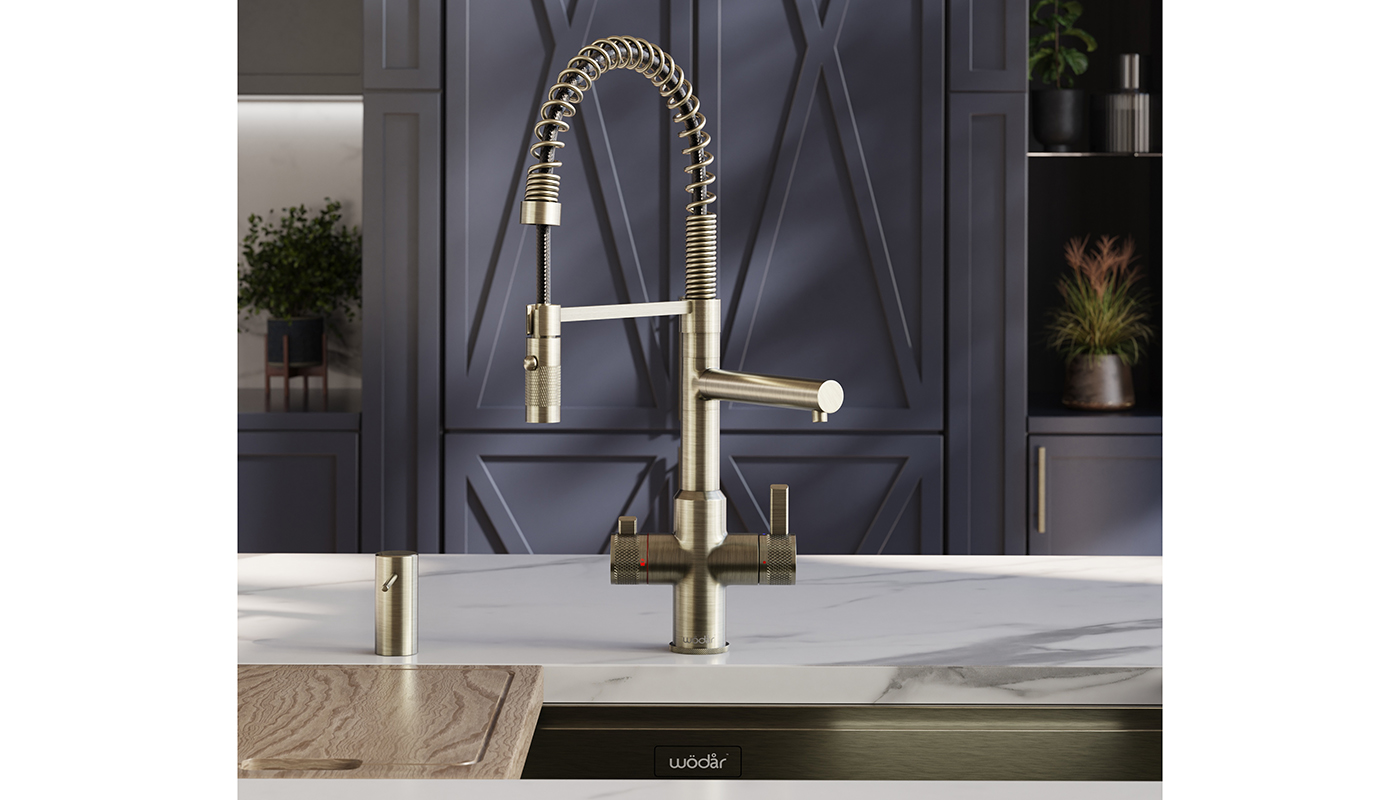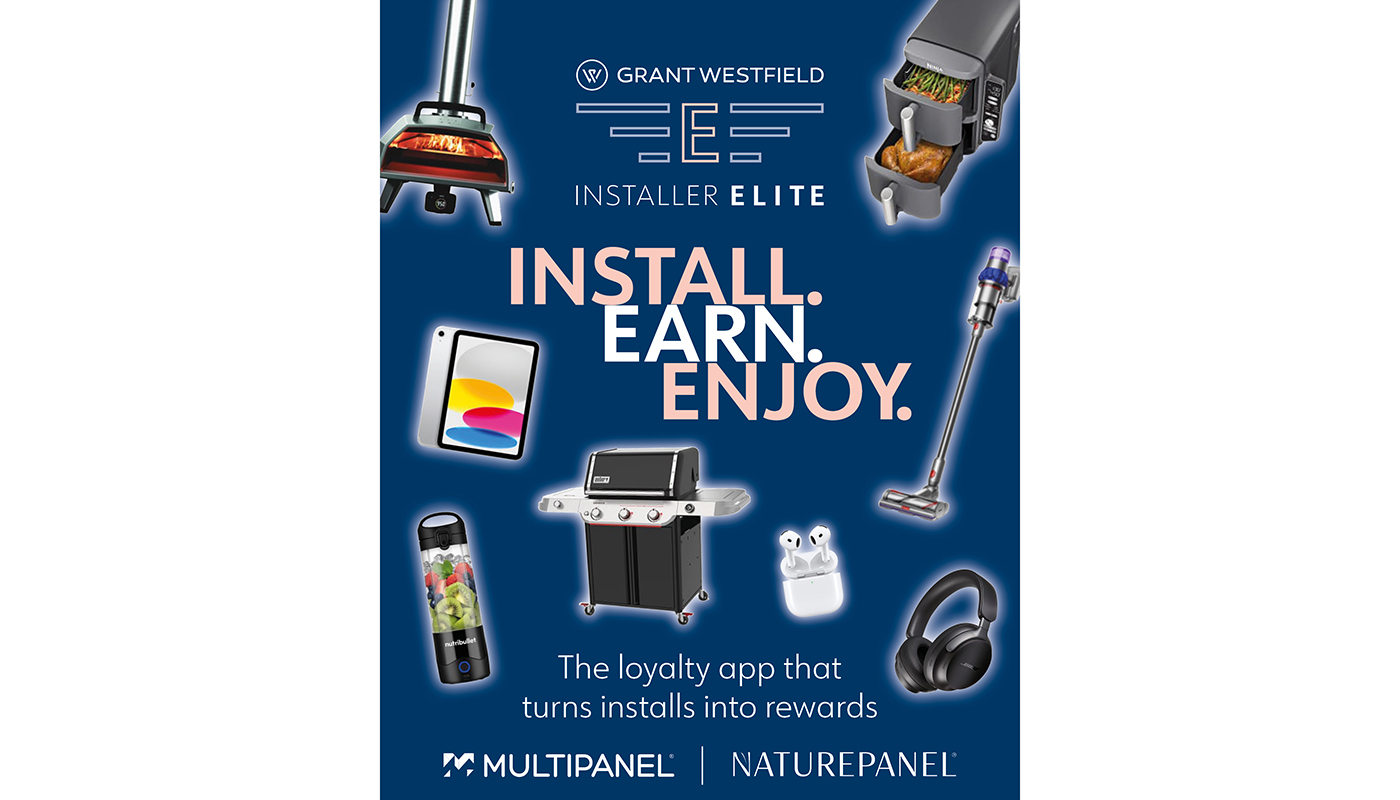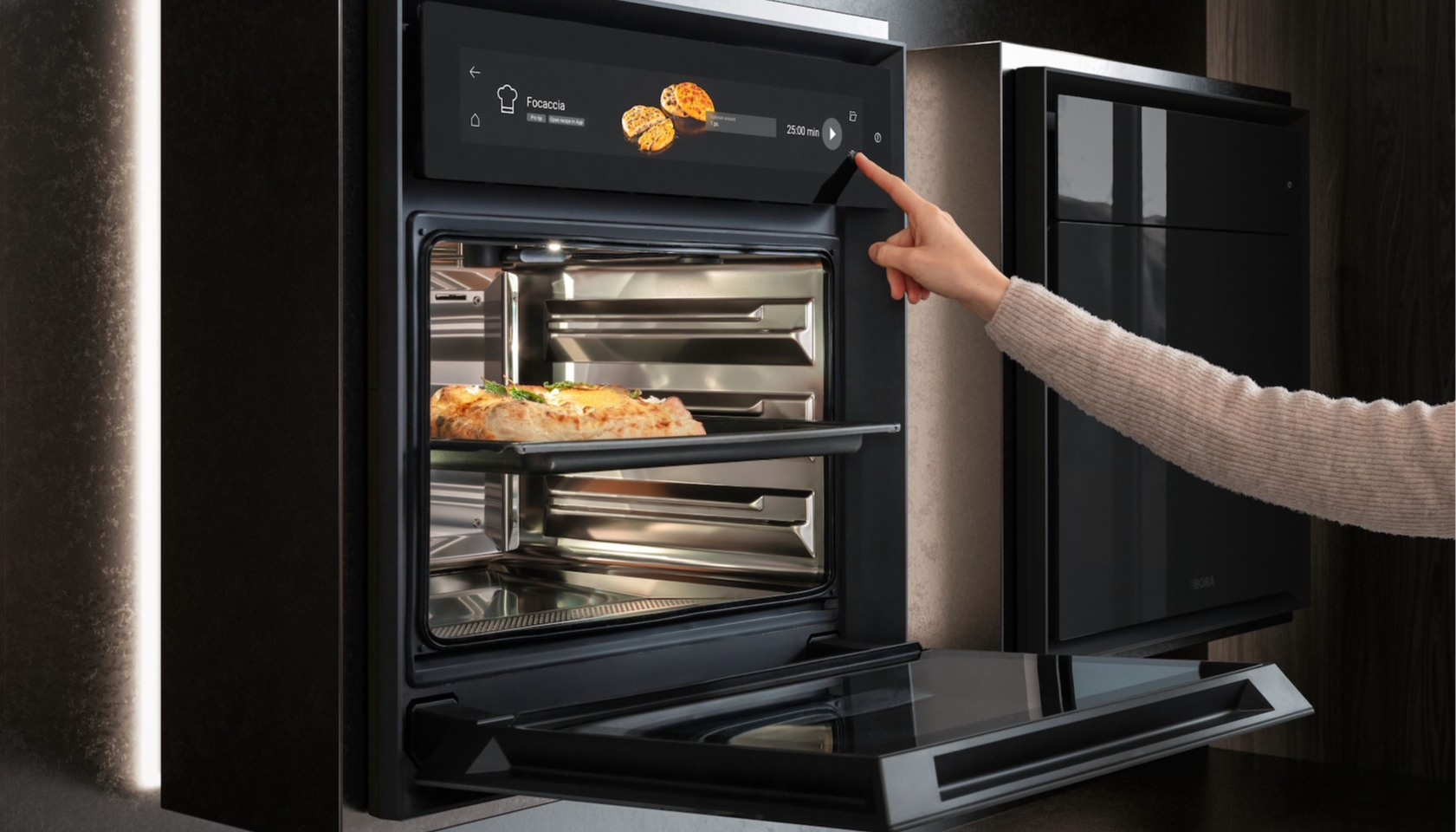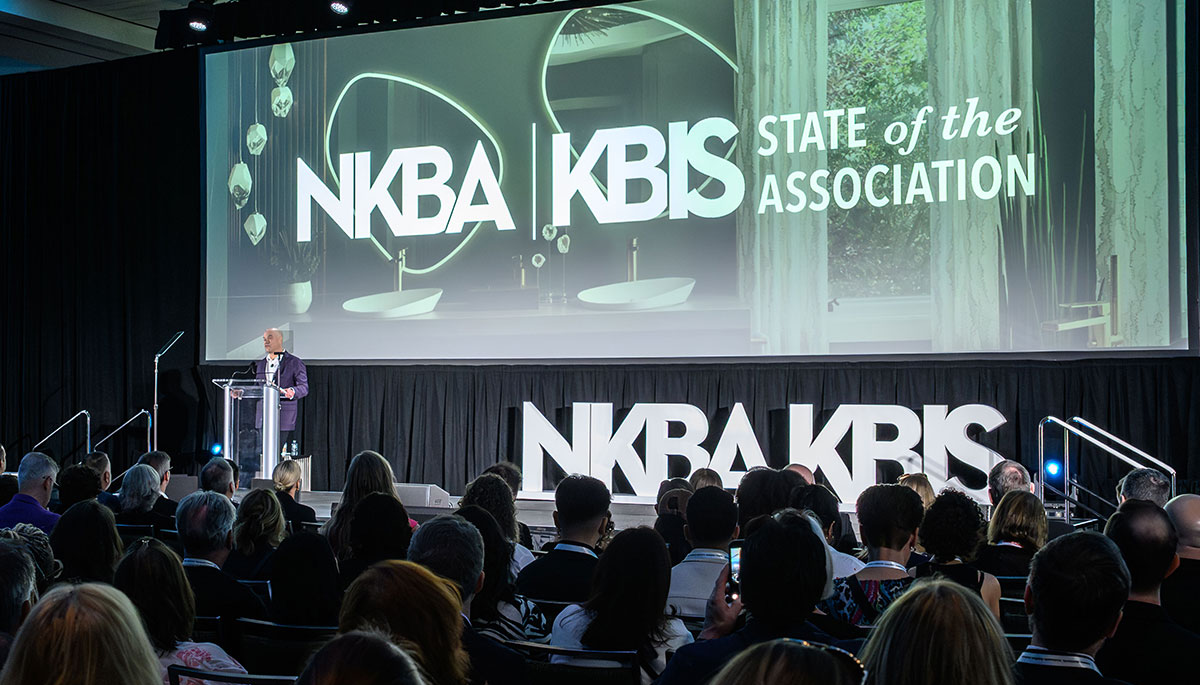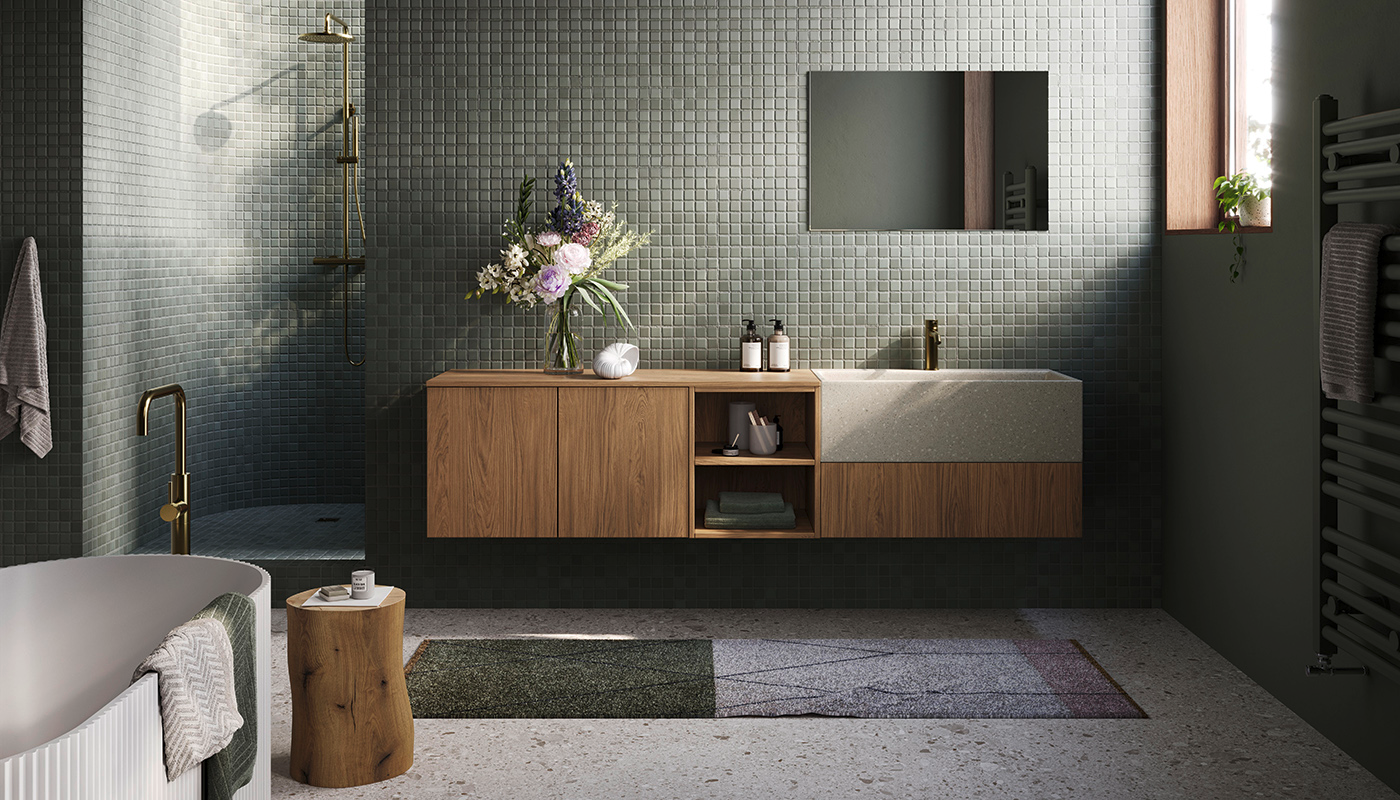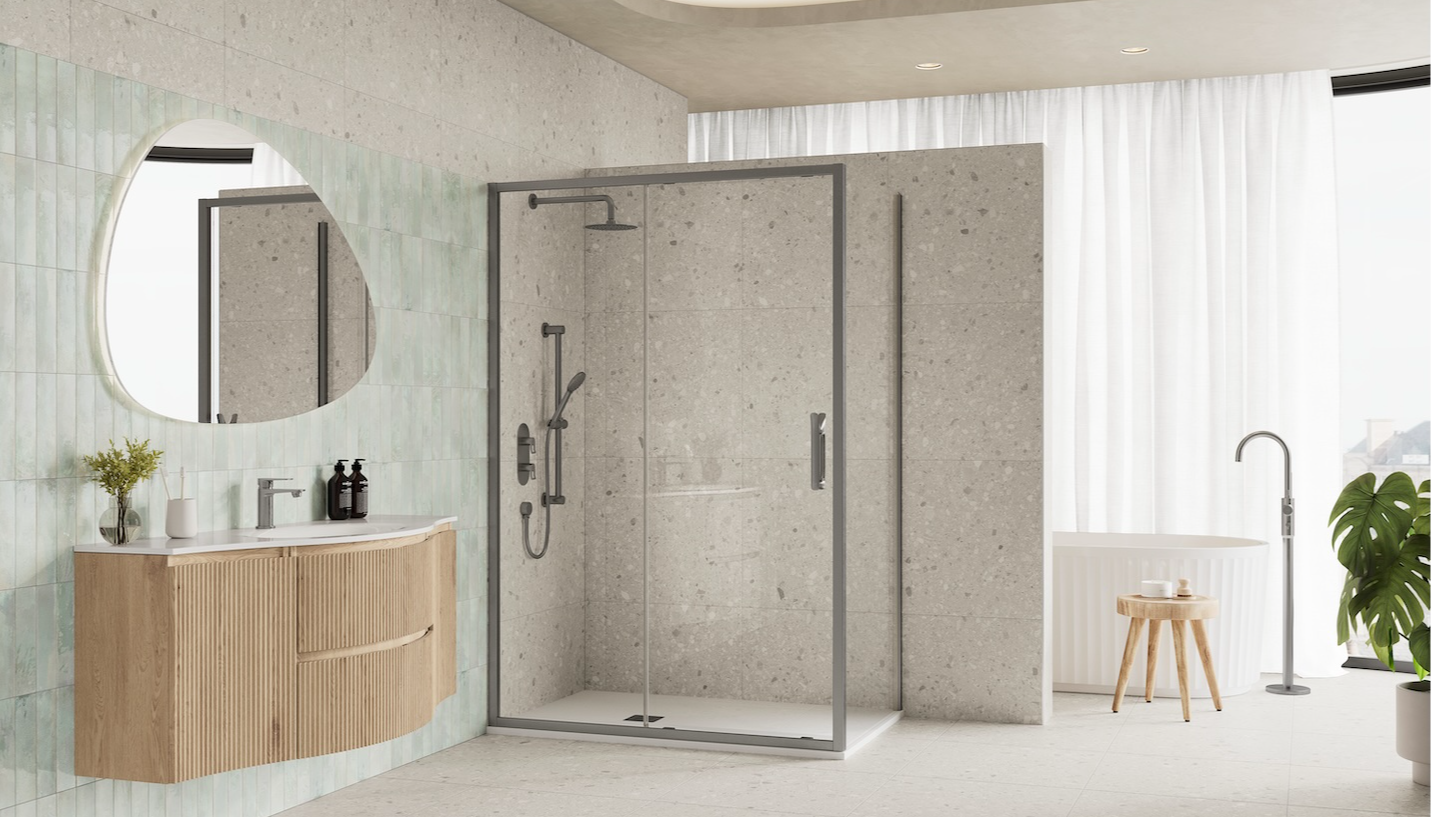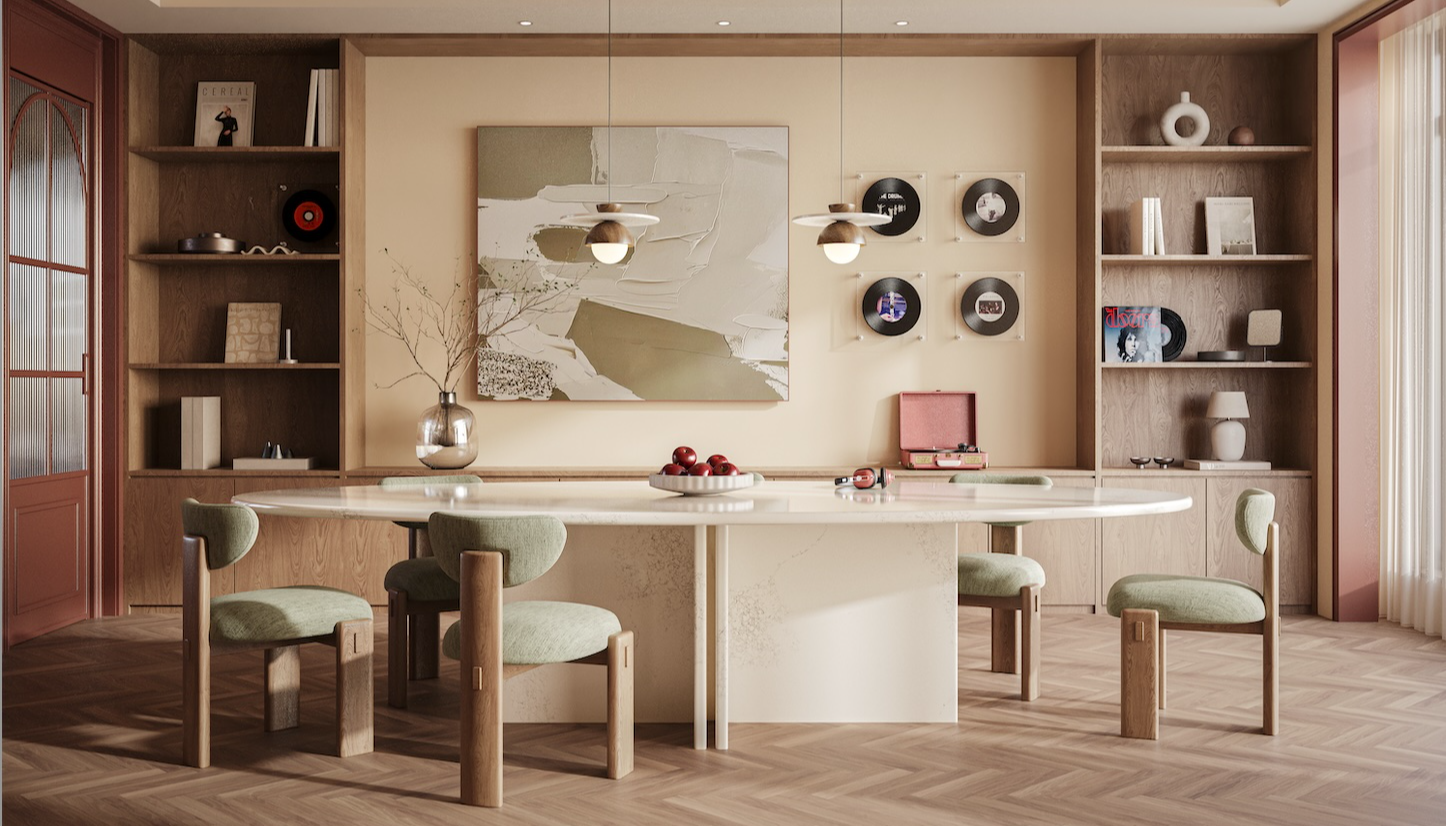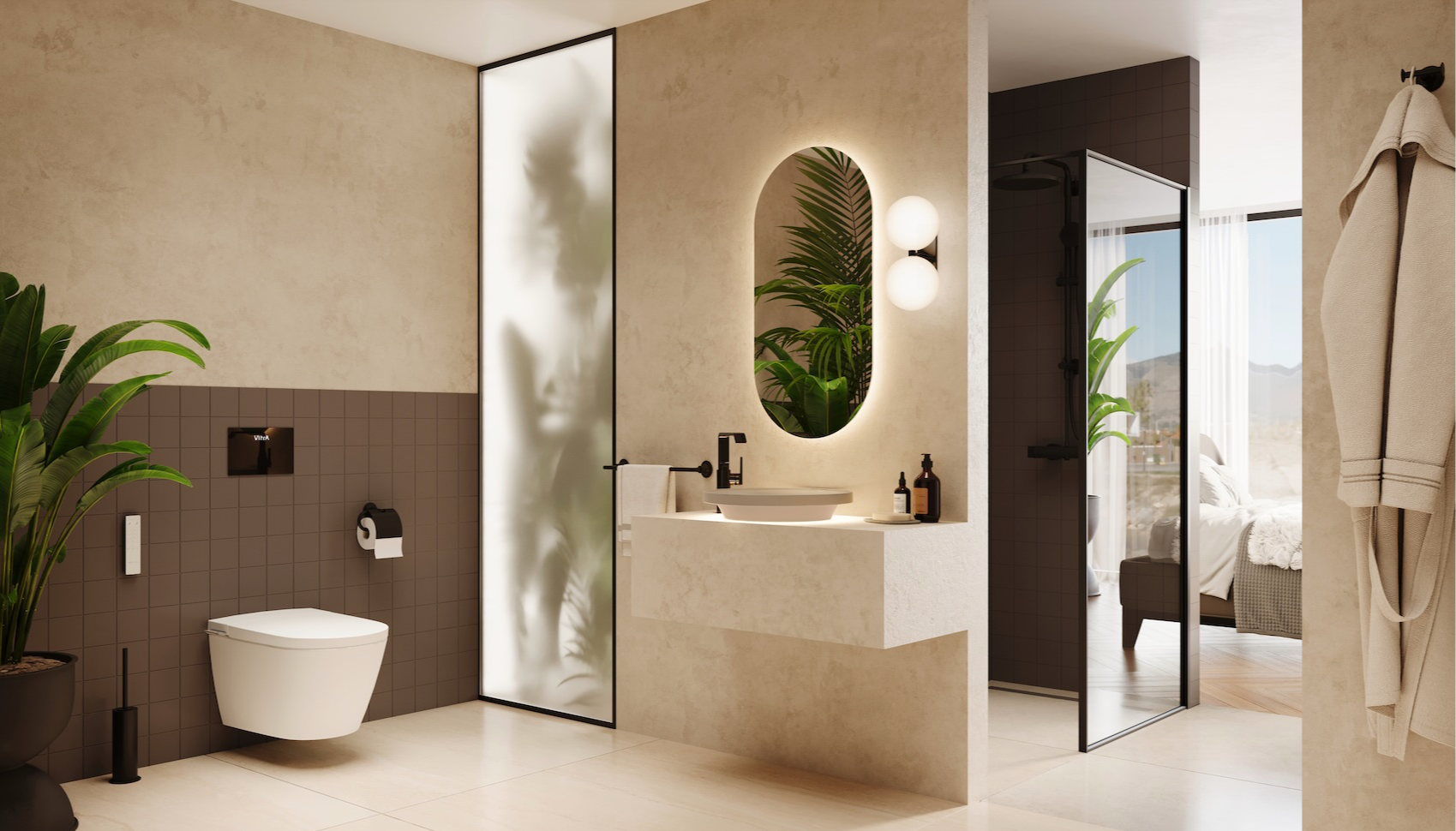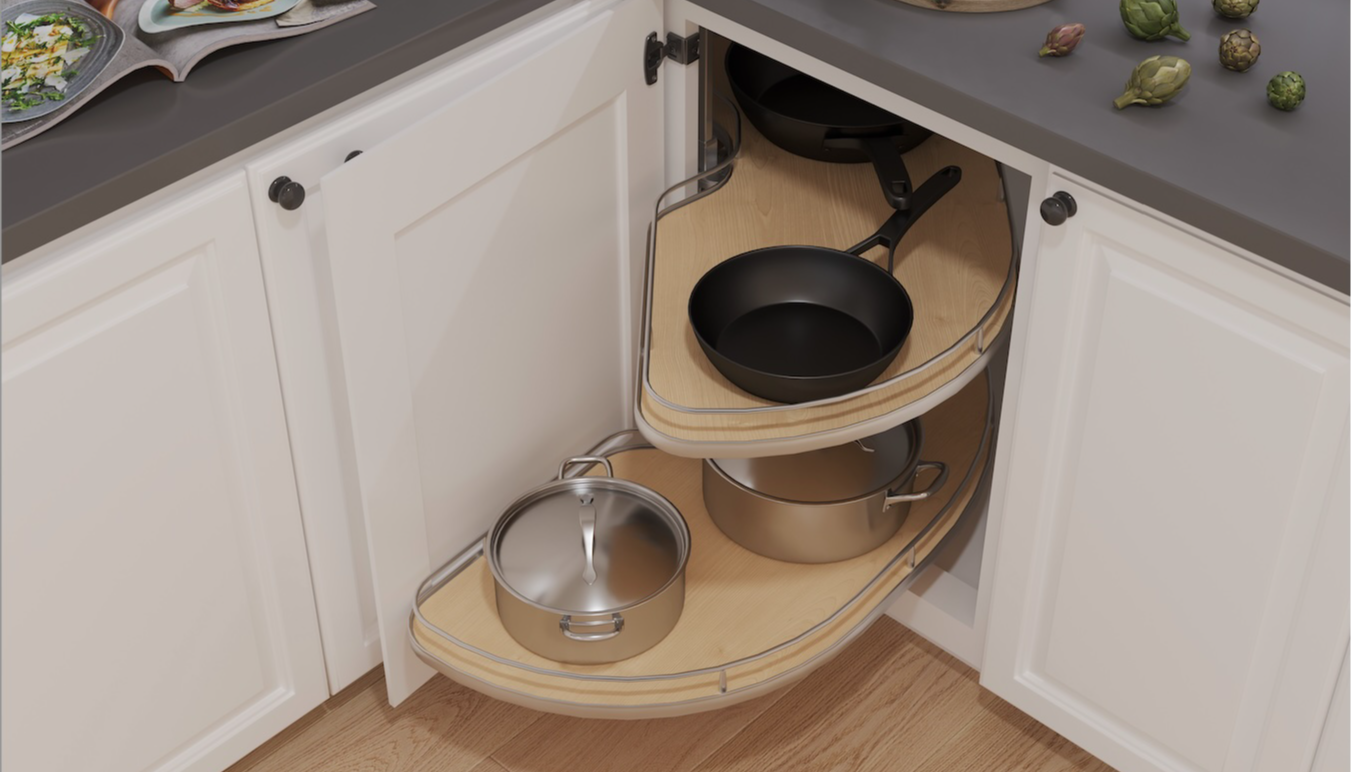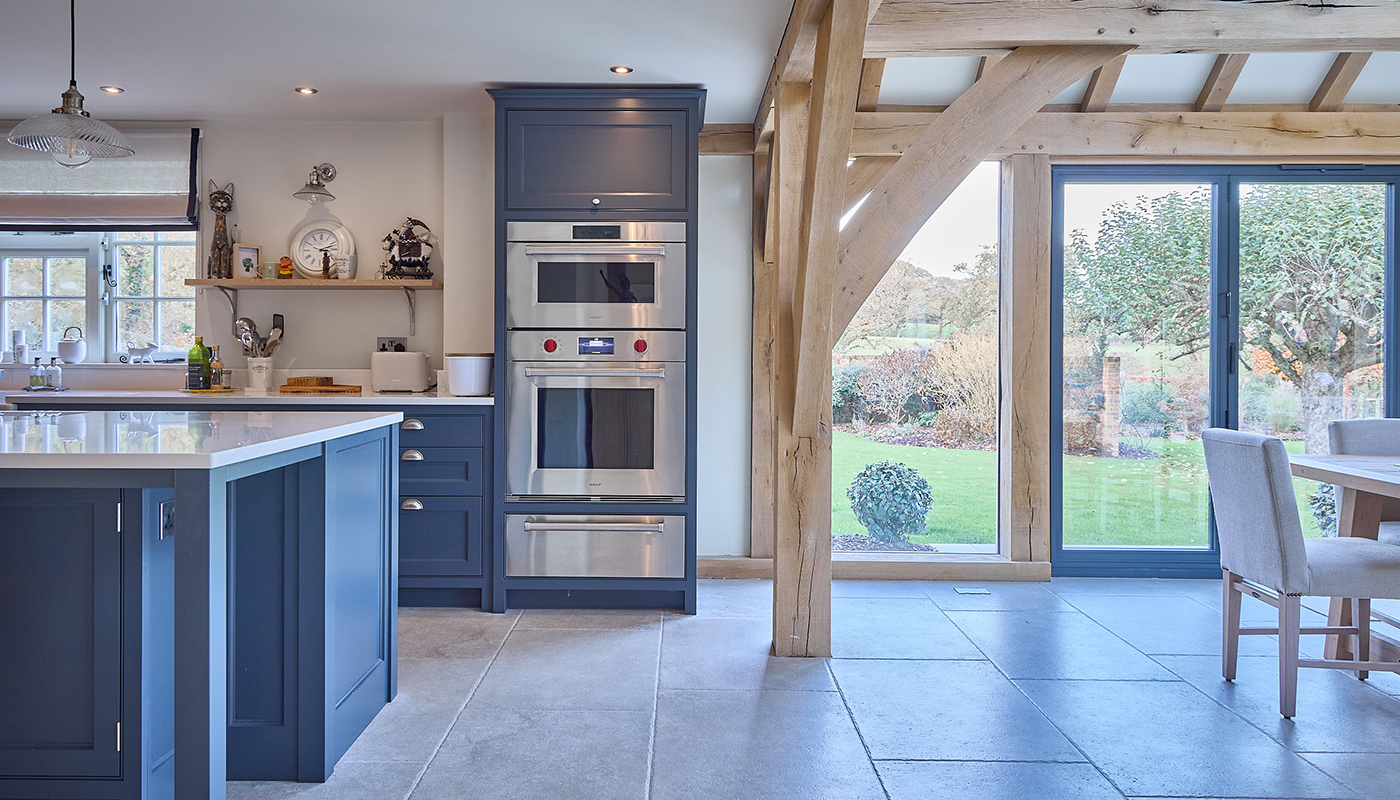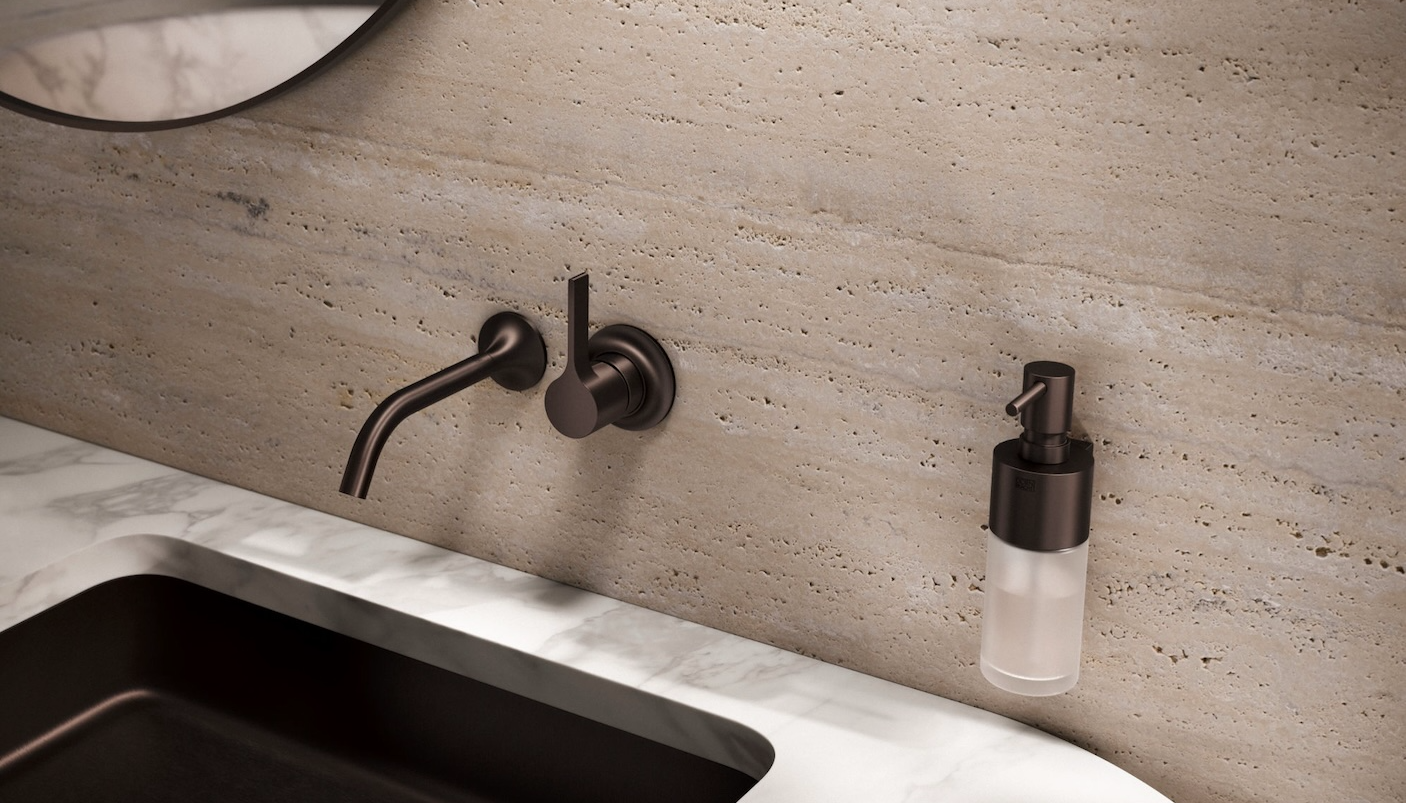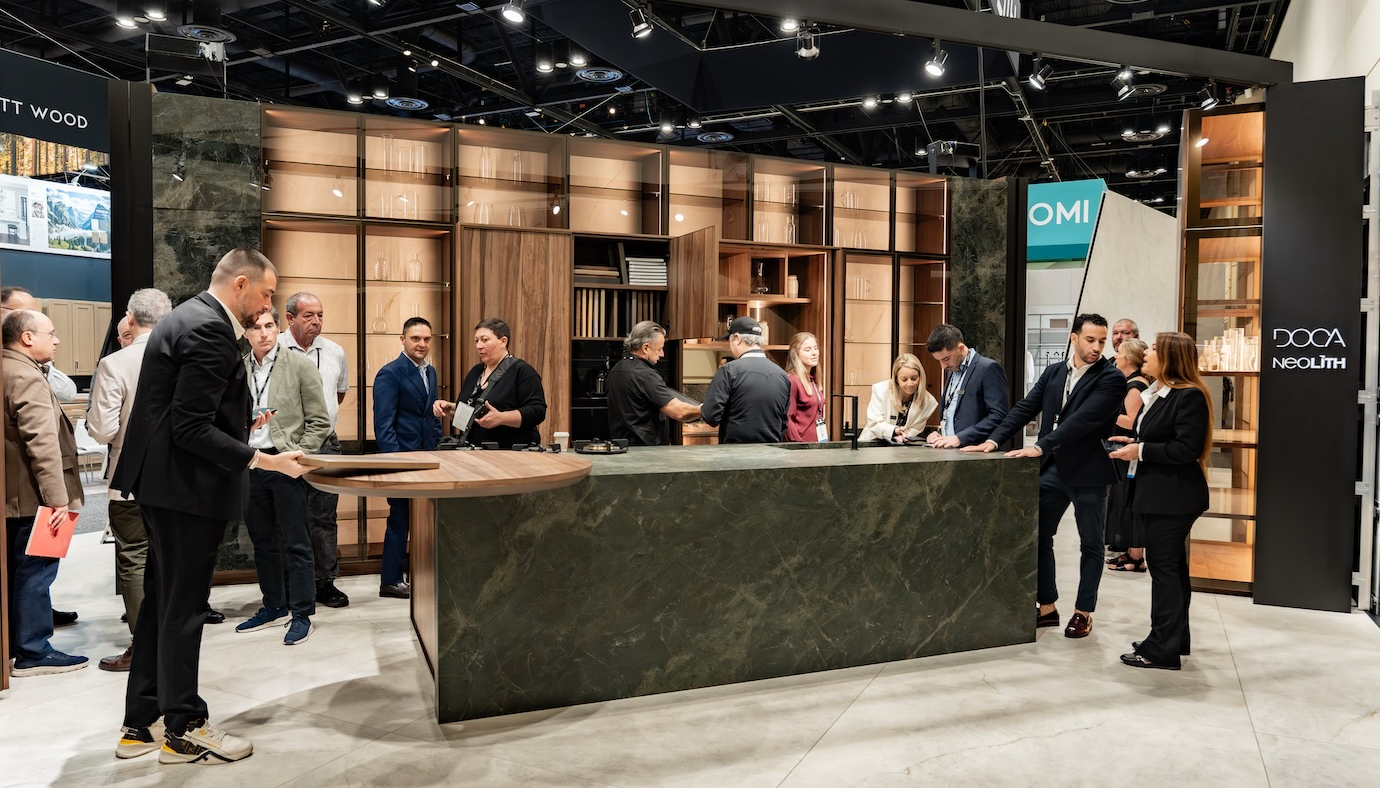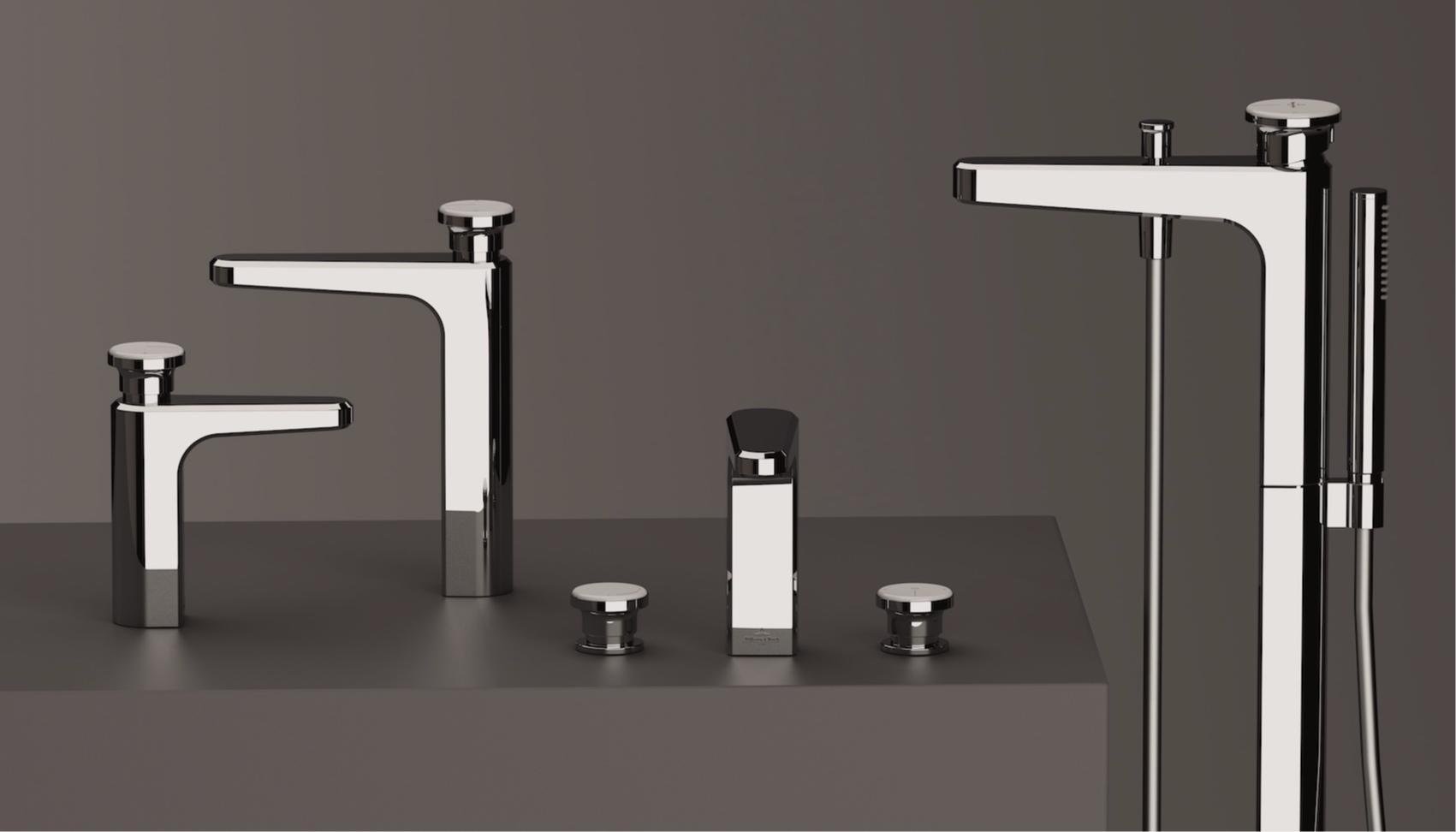Interview: Cyncly CEO Anand Krishnan – How we're using AI to transform KBB retail
Thu 9th Oct 2025 by Tim Wallace

Interview: Cyncly CEO Anand Krishnan – How we're using AI to transform KBB retail
Cyncly CEO Anand Krishnan tells Tim Wallace how AI-powered tools and real product data are helping independent showrooms cut costs, reduce errors, and deliver a better customer experience – all while keeping the human touch.
One of the biggest challenges for KBB retailers is the length of the customer journey. Typically, a buyer might spend 6 to 9 months researching before even stepping into a store. Cyncly’s ambition? To shrink that timeline down to weeks.
The global technology giant specialises in software solutions for the design, retail, and manufacturing sectors – with a strong focus on the KBB industry. Formed in 2021 through the merger of Compusoft and 2020 Technologies, Cyncly now owns brands including Winner Flex, Virtual Worlds, EQ Flex and Spaces Flex.
Appointed CEO in April 2024, Anand Krishnan has a clear vision for the future of KBB retail. While AI and digital platforms are reshaping how retailers engage customers, he argues that the human element remains crucial. By adopting integrated systems that link design, quoting, manufacturing and sales, he says retailers can speed up conversions, reduce errors, and enhance service.
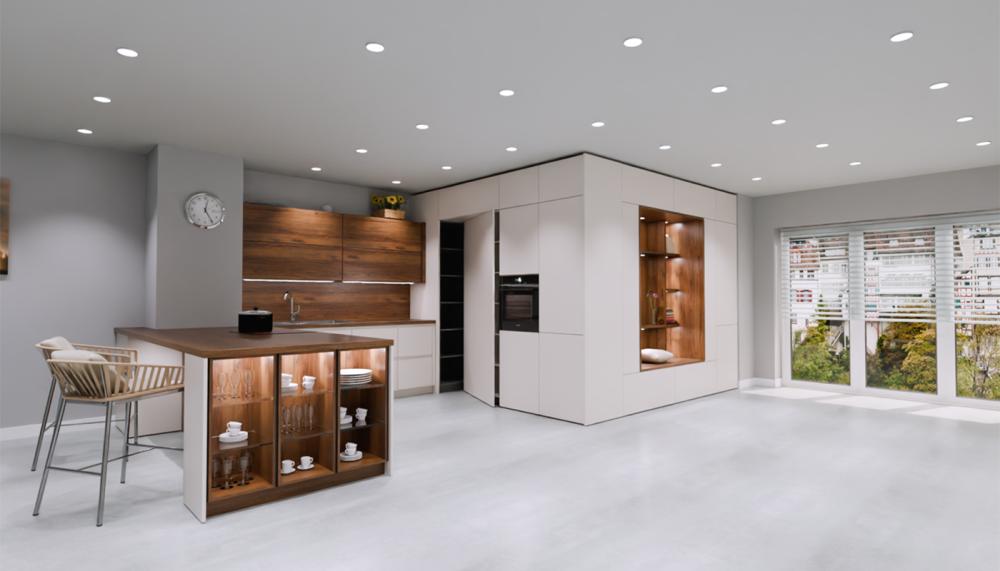
Cyncly’s software supports more than 4,000 manufacturer catalogues in the UK alone, and connects with over 7,000 suppliers globally. AI-driven tools allow customers to upload photos or scan their rooms via phone, then generate thousands of design options – all using a real-time catalogue of product parts and finishes, with live pricing. Customers can explore, customise, and request a quote or place an order in one seamless flow.
“That ability to move from inspiration to purchase in one flow is powerful,” Krishnan says. “It helps retailers identify serious buyers earlier and reduces wasted hours spent educating tyre-kickers.”
While many design apps offer visualisations, Krishnan argues that most simply change colours on pixels – with no real product data behind them.
“Data is what makes the difference,” he says. “We sit on the industry’s largest digital catalogue – every cabinet, handle, drawer, and finish – all with accurate pricing and specifications.”
That catalogue underpins more than 45million completed design iterations annually, which Cyncly’s AI uses to learn what customers actually want.
While Krishnan can’t reveal the full UK rollout strategy, it’s clear Cyncly is growing fast. One of its largest implementations to date is with The Bathroom Showroom at City Plumbing, which rolled out Virtual Worlds 3D design software across 290 showrooms – the largest of its kind in the UK. Cyncly worked closely with the retailer’s team, training internal champions to coach others. A dual-running period, where Fusion and Virtual Worlds operated side-by-side, eased the transition. This resulted in a smoother customer experience, stronger trade relationships, and more future-ready operations.
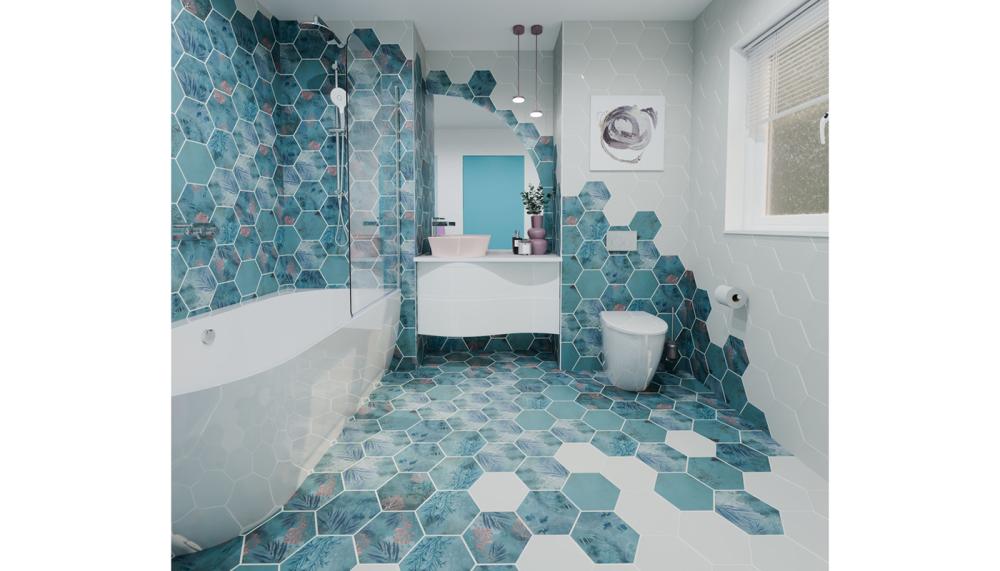
Elsewhere, Cyncly has helped the John Lewis Partnership upgrade its back-end systems and adopt Winner Flex, becoming one of the first major UK retailers to do so. But in a cost-conscious market, can Cyncly convince smaller independents, often operating on thin margins, to invest in premium technology?
“Most AI tools run on the same engines, like Google or OpenAI,” Krishnan says. “But it’s the data that makes our solutions effective. We have the scale and accuracy.”
A key strength, he says, is linking design and sales directly to manufacturing, eliminating the costly errors that often arise from inaccurate room measurements or incompatible appliances.
“Tolerance can be a matter of millimetres,” he explains. “And appliances might no longer fit once a kitchen is designed.”
To solve this, Cyncly digitises appliance catalogues and integrates them into its platform. Quotes automatically include manufacturing instructions, reducing back-and-forth corrections and saving both time and money.
The company is also focused on delivering value for smaller independents. Its Flex platform combines design, quoting, sales, and project management tools into one environment – with built-in CRM and payment systems – reducing reliance on third-party software.
With retail space at a premium, Cyncly also helps showrooms optimise physical footprint. Using Virtual Worlds, retailers can create unlimited inspirational displays in VR or touchscreen, without needing large displays. Winner Flex’s Showcase 360 tool allows interactive 3D designs to be shared and explored remotely, with built-in chat for collaboration.
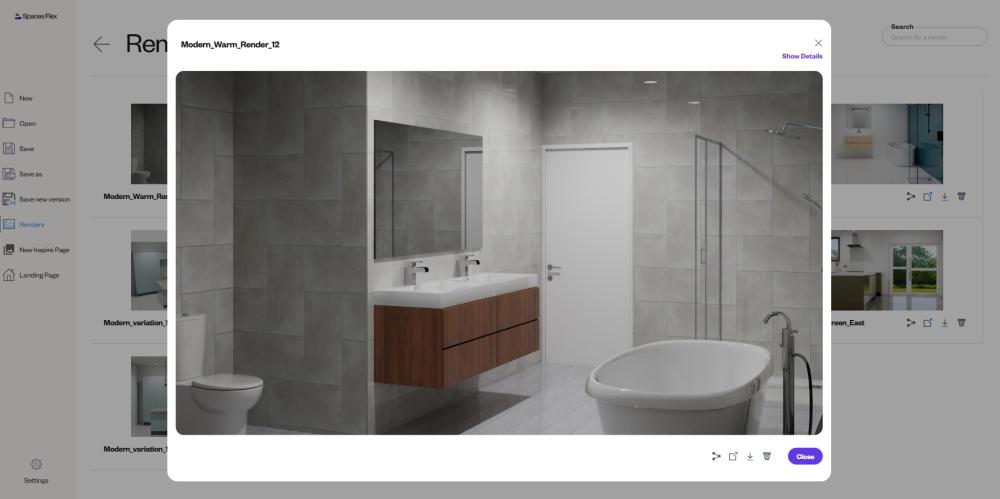
However, despite advances in virtual tools, Krishnan believes the physical showroom remains essential. “People want to touch materials and see finishes before making a big purchase,” he says. “But showrooms don’t need to be massive. I’ve seen brands operate fully online, but they’re a small minority. For most, that final, in-person moment still matters.”
Retailers can now guide customers through early design stages remotely, then use showrooms as closing spaces, focused on decision-making and personal engagement. “Discovery and design can happen anywhere, even on the customer’s couch,” Krishnan adds.
Cyncly’s all-in-one platform allows independent retailers to run smarter businesses, cutting costs, simplifying operations and focusing on growth. Through professional websites, SEO tools, integrated marketing, and AI-powered inspiration, it helps retailers capture leads earlier in the buying journey and drive qualified enquiries straight into the sales pipeline.
Looking ahead, Cyncly plans to broaden its offering across furniture, flooring, glass and windows, enabling cross-category selling. Krishnan notes that most homeowners remodelling a kitchen are also thinking about flooring, worktops and doors. “Retailers can capture more of the project budget by offering complete remodelling solutions,” he says. “It’s not easy, but it unlocks extra value.”
As for the future of AI, he compares it to a qualified intern that keeps improving. “It’s not about replacing people. AI should handle the repetitive tasks, freeing up retailers to focus on what they do best: inspiring customers, generating leads, and closing sales.”
To stay competitive, Krishnan urges retailers to use tech strategically: engage customers early, ensure accurate workflows, and blend digital and in-store models. “AI isn’t a magic bullet,” he concludes. “But it can enable consumers to easily engage with easy-to-use solutions for inspiration, including visualising their future project in the setting of their real home. This makes it possible for retailers and designers to deliver a personalised experience quickly. Between offering compelling inspiration tools and more efficient design and sales, AI solutions can ultimately make your customers happier."
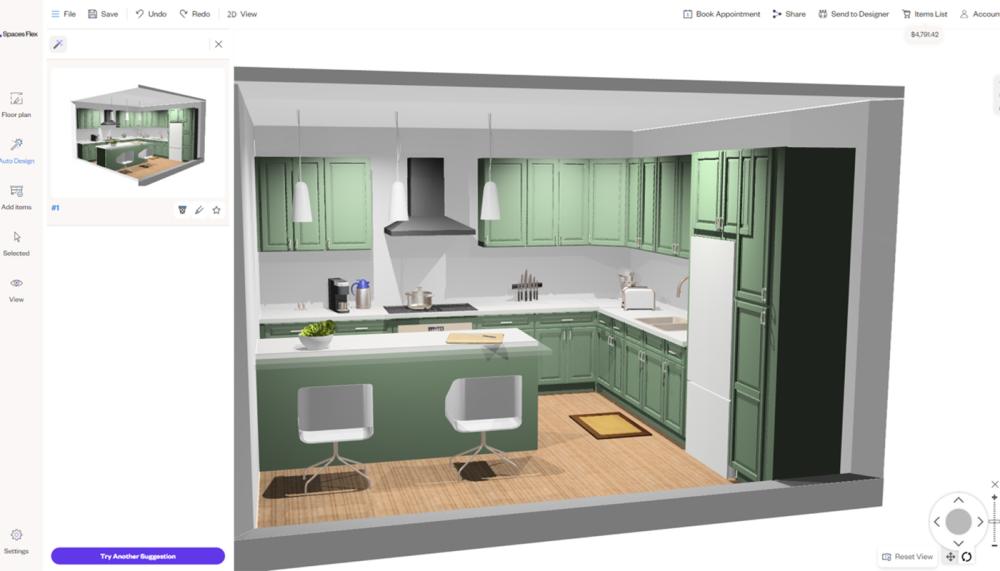
Tags: interview, features, anand krishnan, cyncly, winner flex, spaces flex, virtual worlds, cad software, ai






